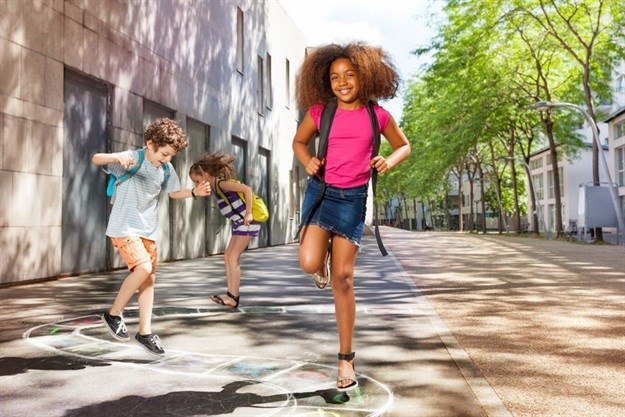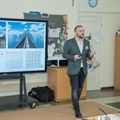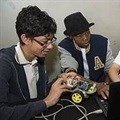There was a round of applause for the 2017 matrics for the miniscule pass rate rise from 72.5% to 75.1%. When we still have a failure rate of a quarter of our learners, what are we celebrating? But more importantly, what can we do to increase these numbers? Here are a handful of trends that may well be able to start turning our education system around.
Concentration on ECD
Early Childhood Development is a crucial but hugely overlooked foundation in children's learning. While some look at babies and toddler development as nothing more than play until they are primary school-ready, this mindset needs a major overhaul. These basic, core skills are the building blocks for a child's entire life. This is what they will carry with them from pre-school through to matric and hopefully on to university. Make it count.
Rise of the independents
It's been known for a while that the public school system isn't quite making the grade. This gap, however, is quickly being filled by the private schooling system and we're seeing a new league of primary and secondary education institutions blossoming all over the country. JSE-listed Curro Holdings and its tertiary education arm Stadio made massive strides over the past year - with five new campuses opening in 2018 and another six under construction; this on top of Stadio's purchase of AFDA, the Southern Business School in Namibia, Milpark Business School and Lisof.
Generations Schools and Future Nation Schools are two new players in the private education sector, and use a Montessori-based teaching model. Although both were only established in 2016, they are experiencing rapid growth - with six campuses in the Western Cape and five in Gauteng, respectively. Watch this space.
Gamification and AR edutainment
It's becoming more and more evident that children today don't learn the same way that previous generations did, and educators are having to work differently to keep their student's attention while imparting the knowledge that was previously fed through boring black and white textbooks. But this has opened up a new world of learning, and as teachers adapt and incoporate new methods of teaching, I believe they too will find new enjoyment in old lessons.
Augmented Reality (AR) is creeping into our textbooks through the likes of publishers such as Pearson, whose integrated learning platform MyPedia enhances textbook teaching with a digital aspect. The MyPedia app provides access to video content to assist in-class and at-home learning, while personal assessments enable teachers to track and monitor individual progress.
Progressive Scottish teacher and director of Immersive Minds, Stephen Reid has been using games to teach his children physics, geography, history and even basic spelling through a variety of computer games such as Minecraft, Little Big Planet and Myst, among others, with amazing results. Microsoft has even launched Minecraft: Education edition especially for use in the classroom.
School doesn't have to be boring. And games don't have to be treated as an idol past-time. Learn to integrate, incorporate and make learning fun again.
Robotics
While the working world worries about the increase in AI and robots taking our jobs, our kids are learning to create and program their own... Yes, robots are no longer the play things of mad scientists, and while your child may not come home with a fully-developed cyborg ala Terminator, they are learning technical engineering, creation and programming that a few years ago was only available to the elite few. Locally, the art and sport of robot science is celebrated by competitions such as UJ's annual AfrikaBOT and the First Lego League South Africa.










































